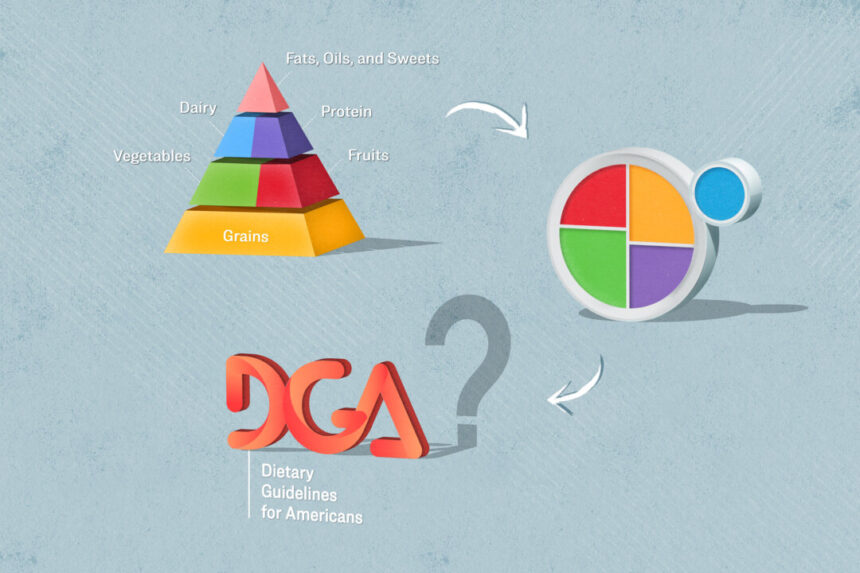President-elect Donald Trump has urged Robert F. Kennedy Jr., nominee for Secretary of Health and Human Services (HHS), to “go wild on the food” as the new dietary guidelines for Americans are being finalized. This signals the potential for major shifts in national nutrition policy, with Kennedy’s leadership potentially bringing about significant changes, including stricter scrutiny of ultra-processed foods and a reduction of corporate influence over federal health recommendations.
The Dietary Guidelines for Americans, updated every five years, have a substantial impact on the eating habits and health outcomes of millions. The recommendations are shaped by the Dietary Guidelines Advisory Committee (DGAC), a panel of nutrition scientists and public health experts who review research, gather public input, and compile a report that informs the final guidelines.
Kennedy, if confirmed as HHS secretary, will oversee the implementation of the guidelines and help shape their final form. The DGAC has proposed notable changes since 2020, emphasizing a shift toward plant-based eating and reducing reliance on animal-based foods. Recommendations include limiting overall red meat consumption and prioritizing plant-based proteins.
However, controversies have arisen, with industry groups like the National Cattlemen’s Beef Association and the National Potato Council criticizing some of the proposed changes. The DGAC also suggests reducing starchy vegetable consumption and limiting refined grains while emphasizing a diet centered on whole foods.
The article also delves into the history of the Dietary Guidelines, highlighting past controversies and the influence of the food pyramid. It discusses the rise of ultra-processed foods and the debate surrounding their definition and health impacts. Kennedy’s stance on addressing corporate influence within federal health agencies is also explored, along with the mixed success of the guidelines in improving Americans’ diets.
The article concludes by questioning whether Kennedy’s leadership will lead to reform or reinvention of federal nutrition policy. It emphasizes the importance of individual steps to improve diets and reduce disease risks while awaiting potential changes at the policy level. The 2025 Dietary Guidelines may serve as a critical measure of Kennedy’s ability to influence federal nutrition policy and make America healthier.
Source link






